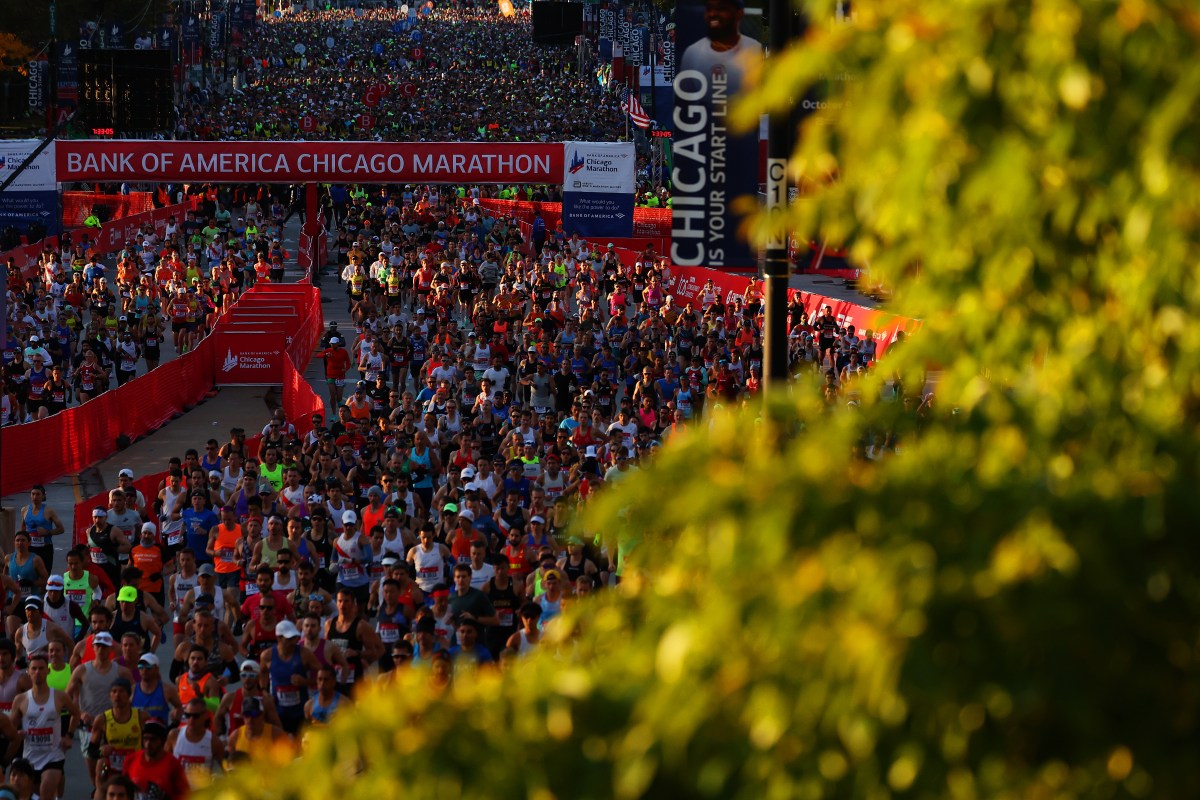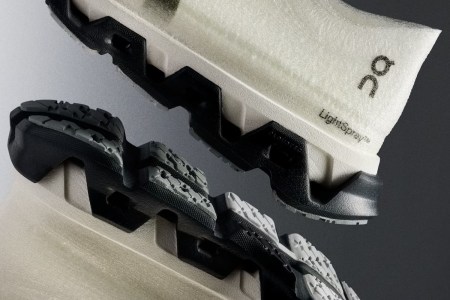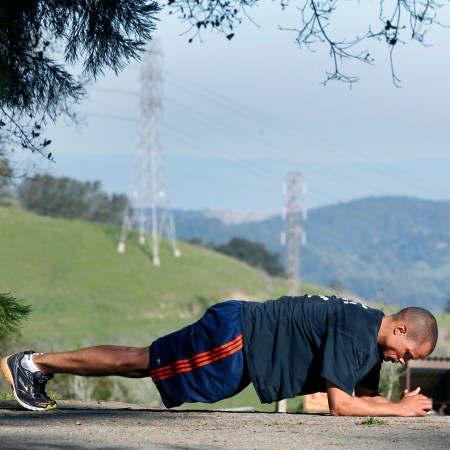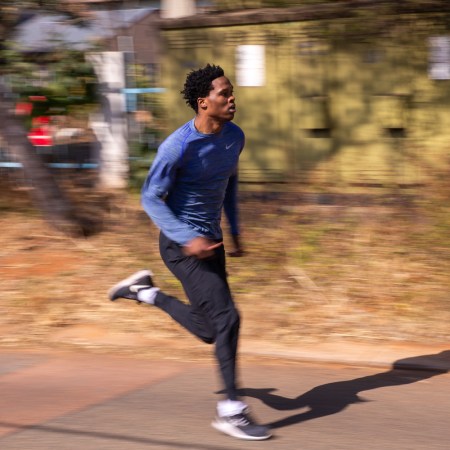It’s firmly marathon season: Berlin was last week, Chicago is this Sunday, and in a month, over 50,000 runners will descend on New York City.
And yet…it doesn’t really feel like running weather out there, especially in states used to distinct shoulder seasons. It’ll touch 83°F in Illinois this week (twice).
Thankfully, the current forecast for this weekend is showing highs of just 58°F; but if you’ve been training the last three to four months, you’re sweating a little bit. No matter how beautiful Lake Michigan looks in the sun, a hot marathon is a different beast. Just ask anyone who ran New York last year, when November temperatures reached 72°F — with a morning humidity percentage of 87%. (I can remember supporters getting a little woozy.)
What sort of temperature runners be hoping for, heading into marathon day? Is there a range that guarantees peak performance? And should race operators consider pushing some of these events back? We break it down.
On’s High-Tech Innovations Are on Full Display in the Latest Cloudmonster Collection
The new lineup includes revamped sole units, ultra-light uppers and more cushioning than everThe Goldilocks Marathon
A dream race day would be even colder than you’d think; according to a study published in 2012, the ideal temperature is below 45°F for the “median” competitor. And it trends chillier for more talented runners. Elite male marathoners appear to prefer temperatures as low as 39°F.
For casual runners (or even talented middle-distance runners), this might sound bonkers. Who on earth would wish for a wintry race day? But the performances tell a clear story — a 46-year analysis of finish times at the Boston Marathon confirms that runners race better in colder weather. Once the temperature creeps past 59°F, the heat becomes the main character.
What Heat Does to a Runner
Remember: a long effort in the heat (at race pace, no less) is an extremely difficult assignment. When you run in hot temperatures, your blood flow is both rushing to enrich tired muscles with oxygen while bubbling up to the surface to cool down the skin. It doesn’t do a great job at either. The skin struggles to expel all the heat (especially if it’s humid out), while the muscles hotline the heart for help…which incurs something called cardiac drift: the heart works harder, but gets no bump in performance to show for it.
It’s one hell of a physiological battle, to say nothing of the psychological warfare it can foment in a runner’s brain. They say the final 6.2 miles play out in the mind. You can imagine the sort of state runners work themselves into it, after hours under the sun.
How to Prepare
If you’re lucky enough to wake up with highs of 50°F on race day — and with little wind and zero precipitation, to boot — rejoice. The running gods are kind. If you’re sniffing a not-so-great 10-day leading up to your race, though, we recommend leaving the weather app unopened. Who needs it? You don’t want to catalyze a nocebo effect.
During the race, make sure to drink water at every station that offers it (that doesn’t have a scrum waiting for it). Consider enlisting a friend to hand you a bottle of Gatorade or even pickle juice, too, in order to replenish electrolytes on the fly.
After a toasty marathon, try to pay less mind to your time. Everyone was slower today. This is where you should prize exertion over expectation, and recognize that finishing the race anywhere close to your goal time was a success in itself.
Finally, should race operators consider pushing these events deeper into the fall (if not the winter)? It’s certainly possible. (For reference, New York’s climate will be akin to Northern Arkansas by the late 21st century. Some hot marathons await.) That’s not to mention the fact that summer training will only get more rigorous.
But for now, all we can do is run the miles, put the hay in the barn and hope that Sundays in the fall actually feel like they’re supposed to: crisp, cool and just a bit of sun glinting on your post-race beer.
The Charge will help you move better, think clearer and stay in the game longer. Subscribe to our wellness newsletter today.




















